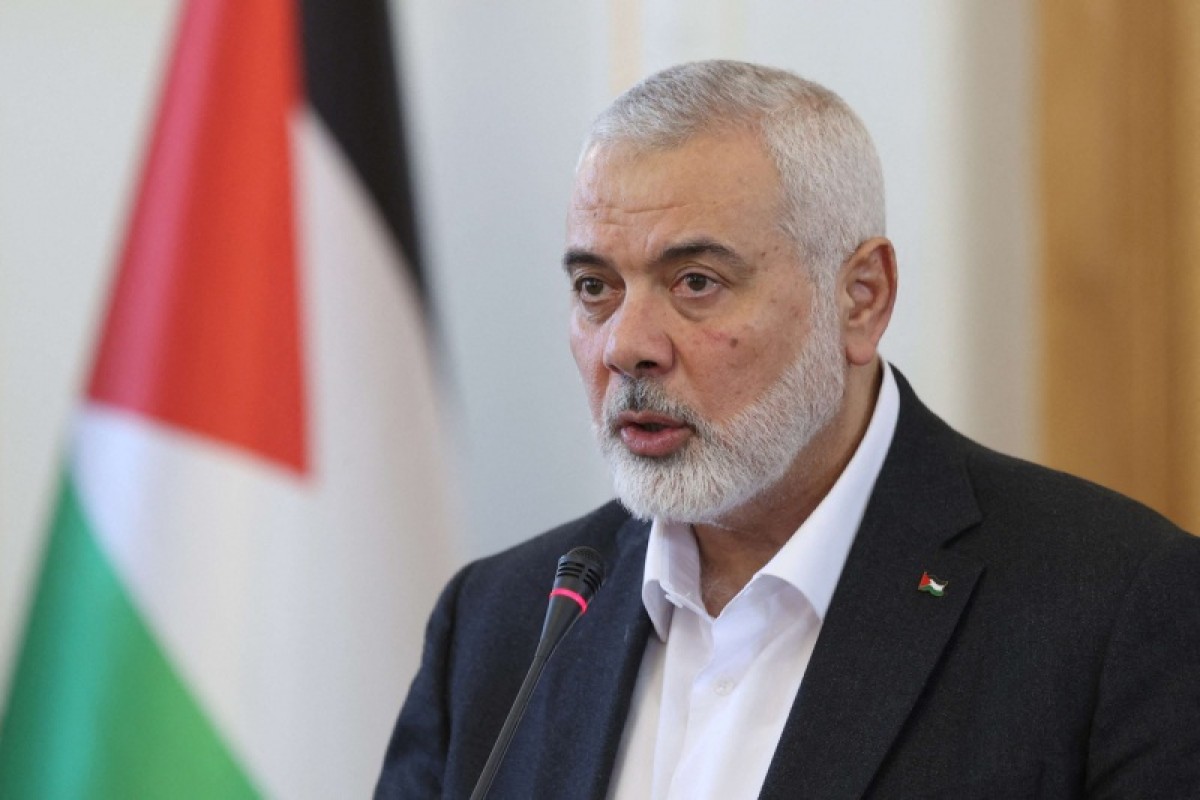Hamas declares Jordan its alternative headquarters once it leaves Doha


The Islamic Resistance Movement (Hamas) denied the validity of reports about the transfer of its leaders from Qatar to another country, pointing out that the main headquarters of its leaders is Jordan and they will return to it if they leave Doha.
A member of the Hamas political bureau, Musa Abu Marzouq, said today, Monday, in a statement to the Iranian Al-Alam TV channel, that “Jordan will be the next destination for the movement’s leaders if they leave Qatar.”
Two weeks ago, the American Wall Street Journal quoted Arab officials as saying that “the political leadership of the Hamas movement is considering moving its headquarters from Qatar to another country, in light of the failure to reach a ceasefire agreement in the Gaza Strip.”
Abu Marzq considered these reports to be “all media production, some claims from members of Congress, and some kind of pressure on Qatar to put pressure on Hamas regarding negotiations on the exchange of prisoners (with Israel).”
He said, "All that is being rumored at this time that we will move to Iraq, Syria, Turkey or others is a media atmosphere to put pressure on the Qataris." He added, "Most of Hamas's leaders are from the Jordanian people and hold a Jordanian passport."
He explained, "If Hamas leaders move, they will move to Jordan. There are its people and they hold its passport, and most of them are Jordanian citizens. Jordan is a hospitable and generous people and supports the Palestinian resistance. Our relations with the Jordanian regime are good and we have no problem with our place of residence."
Jordan hosts 2.4 million Palestinian refugees, the largest number in the region, according to what United Nations Secretary-General Antonio Guterres confirmed last month, but the Kingdom categorically refuses to displace the population of Gaza.
Qatar has hosted a political office for the Hamas movement since 2012, with the blessing of the United States, and has long played the role of mediator between Israelis and Palestinians.
Abu Marzouk stressed, “The problem is that America intervened and forced Qatar to receive the Hamas leadership, and if America stops its pressure, the Hamas leadership will be in its natural place, which is Jordan, the next day.”
He stressed that what the media is circulating about Hamas leaders leaving Qatar “are all media fabrications that do not exist between us and the Qataris at all.”
Hamas had previously denied the news circulating about moving the movement’s offices from Qatar to Turkey, describing it as “inaccurate,” and confirmed through its head in the West Bank, Zaher Jabarin, that it would not move its offices to any place outside Doha.
Last Tuesday, Qatari Foreign Ministry spokesman Majid Al-Ansari said, “There is no justification for ending the presence of the Hamas office in Doha while mediation efforts in the Gaza war continue.”
Al-Ansari continued in a press conference that his country “remains committed to mediation, but is reevaluating its role in light of our frustration with the attacks against Qatar.”
The leader of the movement also spoke about the war that has been going on in the Gaza Strip for more than 6 months, saying, “The one who decides in the Gaza Strip and in the future of Gaza is Hamas. It is unreasonable for Israel to enter 300,000 soldiers into Gaza, fail, and then come.” There is no other party to have the final say in the sector.”
He added, “America can stop this war, and Egypt can as well, but by taking practical positions. We want practical positions.”
Abu Marzouk called on Jordan and Egypt to sever relations with Israel and expel the ambassador, stressing that “situations of this magnitude will stop the operation in Rafah.”
US Secretary of State Anthony Blinken arrived in Saudi Arabia on Monday in the first leg of a broader tour in the Middle East aimed at discussing the form of governance in the Gaza Strip once the war with Israel ends.
The United States agrees with Israel in its goal that there is a need to eliminate the Islamic Resistance Movement (Hamas) and that the movement can no longer play a role in the future of Gaza, but Washington opposes Israel’s reoccupation of the Strip.
Instead, it aspires to a framework that includes reform of the Palestinian Authority with the support of Arab countries